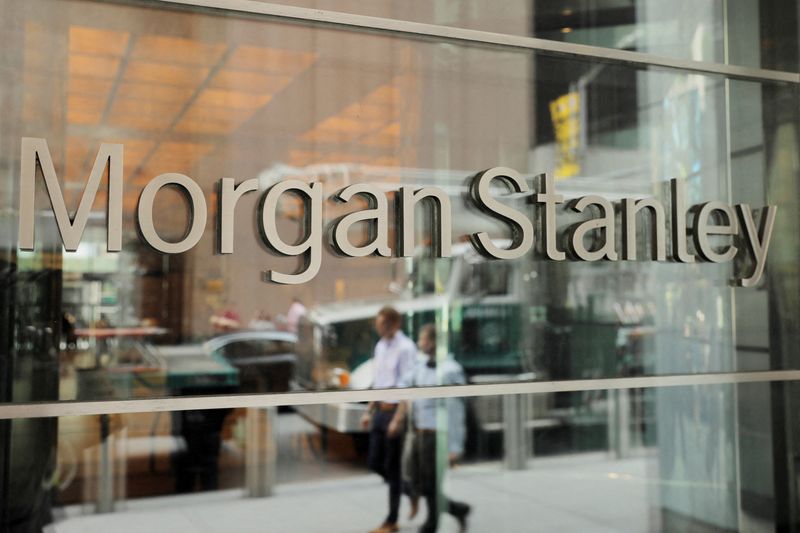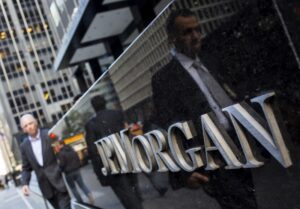
The business cycle should influence markets more than the election: Morgan Stanley
As the U.S. approaches another presidential election, investors are naturally curious about how the outcome might affect the markets.
However, Morgan Stanley analysts suggest that the business cycle, rather than the election, will have a more significant impact on market behavior.
Morgan Stanley said in a note to clients on Monday that while election years are often filled with speculation and predictions, the historical impact of elections on markets is less clear.
“Our cross-asset strategy team’s study of the run-up to past elections shows no clear pattern of market behavior in election years, even when screening for different election and macro conditions,” the bank stated.
The uncertainty surrounding the election, especially in a polarized electorate, is said to further diminish the likelihood that investors will base their near-term strategies solely on electoral outcomes.
In particular, Morgan Stanley highlights that specific sectors could see more pronounced post-election impacts based on the differing policies of the two major parties.
For instance, they state that energy and telecom might struggle under the Democrats’ plan to extend tax breaks, while clean tech could benefit from sustained appropriations under the Inflation Reduction Act.
In addition, the bank says the U.S. Treasury yield curve and the U.S. dollar are also areas to watch. A Republican win, for example, could lead to higher tariffs, potentially driving a steeper yield curve as shorter-maturity bond yields decline.
Morgan Stanley says the U.S. dollar, often a safe haven, might strengthen if former President Trump wins, despite his criticisms of a strong dollar.
They believe this could occur due to potential tariffs and heightened geopolitical uncertainty, which might lead to more dovish central bank policies overseas.
While elections generate headlines, Morgan Stanley believes that the business cycle’s dynamics will play a more critical role in shaping market trends in the months ahead.

